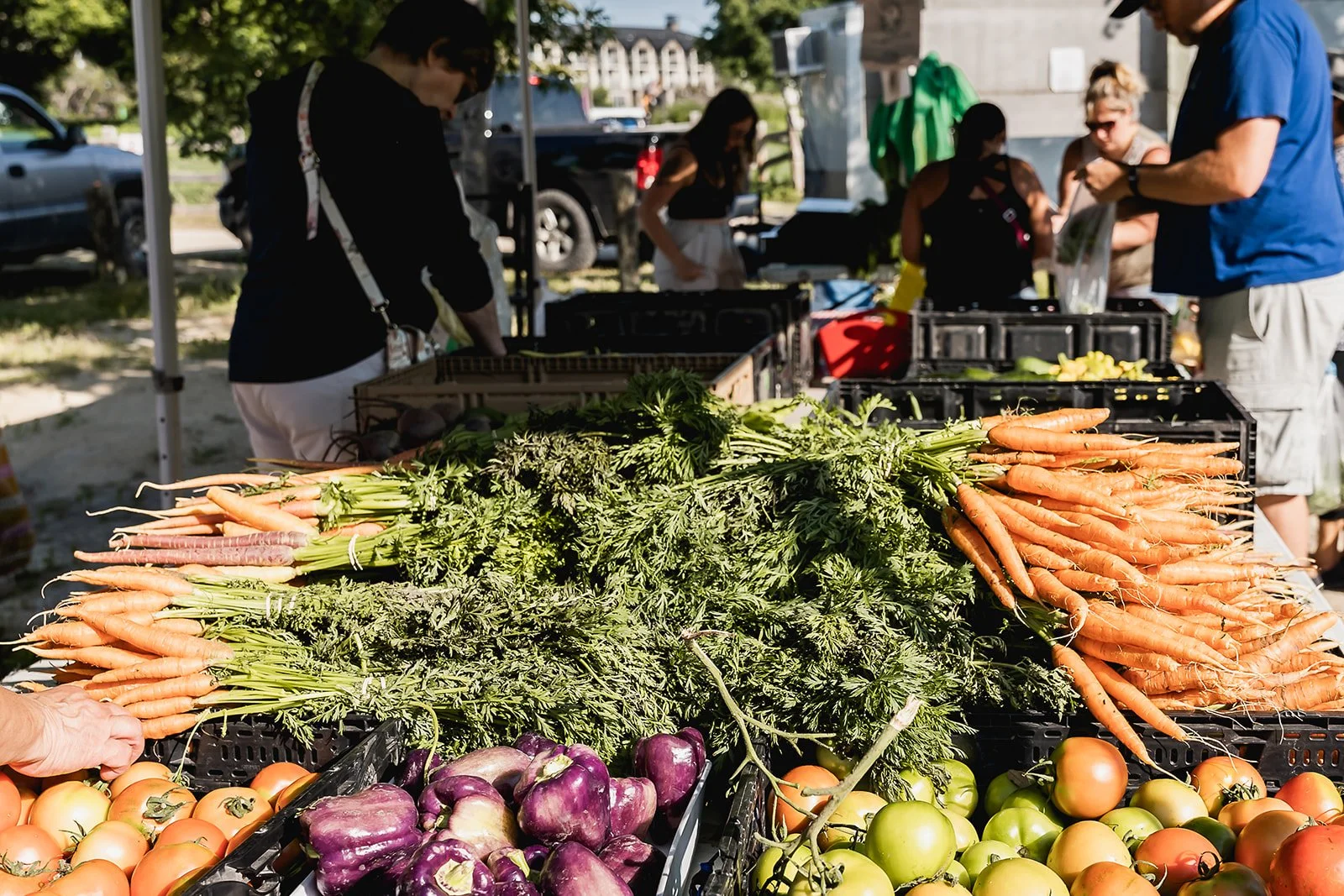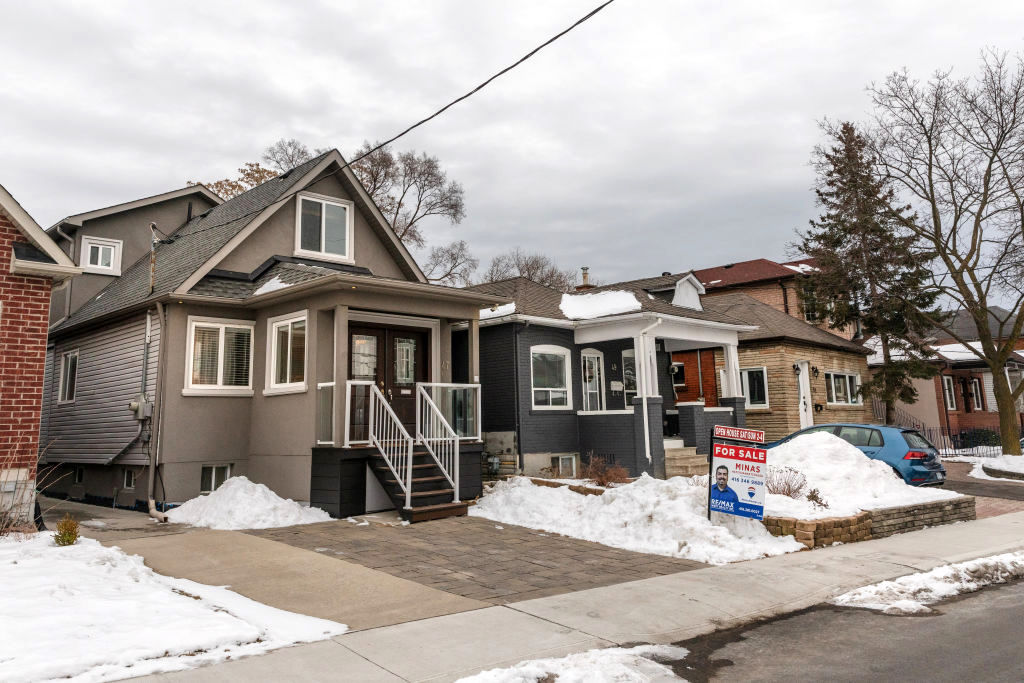Canada has a good quality of life, gorgeous scenery, and vibrant cities. It’s easy to see why people want to move here.
However, the answer depends on numerous factors such as where you live and your lifestyle. Your housing, groceries, transportation, utilities, etc. all play a part. Big cities such as Toronto and Vancouver are more expensive than smaller towns.
Knowing this information is really helpful for anyone who wants to move or stay awhile.
To give you a little context, let’s see how Canada ranks in the world and what it means for Canadians and travelers.

Canada’s Cost of Living Compare Globally
Before we explore the specifics of the cost of living in various regions of Canada, it’s important to provide context. How does Canada compare with other nations on the cost of living? Knowing this can give a better idea about whether Canada is affordable for immigrants, travelers, or aspiring expats.
While it’s not as expensive as major cities such as New York or Tokyo, it’s more expensive than a lot of Europe, especially once you venture out of the large cities.
Below are some examples that give you an idea of what things cost in Canada compared to other countries around the world:
Country | Cost of Living |
|---|---|
United States | $2504 |
United Kingdom | $2390 |
Australia | $2232 |
Canada | $2053 |
New Zealand | $1862 |
Germany | $1778 |
France | $1739 |
Table source: https://livingcost.org/cost, Aug 11,2025
Cost of Living Across Different Regions of Canada
So, now that we’ve established how Canada fits into the pricing of the world, just know that prices vary across the country.
From big, vibrant cities to slow-paced small towns, each region comes with its own cost of living and lifestyle.
This is most noticeable with things like accommodation, transportation, and day-to-day expenses.
To put that in context, this chart breaks down the average cost of living indexes per city and province:
Region | Rent (1-Bedroom, CAD) | Groceries (Monthly, CAD) | Overall Cost of Living Index* |
|---|---|---|---|
Vancouver, BC | $2,831 | $420 | 78.1 |
Toronto, ON | $2,618 | $400 | 75.4 |
Calgary, AB | $1,350 | $380 | 65.3 |
Ottawa, ON | $1,500 | $370 | 63.9 |
Montreal, QC | $1,250 | $350 | 62.7 |
Sherbrooke, QC | $900 | $320 | 54.0 |
Table Source: https://www.numbeo.com/cost-of-living/rankings.jsp , Aug 11, 2025
As you can see, rent is almost always the biggest single monthly expense, especially in big destinations like Toronto and Vancouver.
But groceries and utilities are also wildly priced, making your budget fluctuate throughout the country.
So, armed with this information, let’s dig into each major category — housing, food, utilities, transportation, and the like — to see just how much it really costs to live in Canada on a daily basis in these different locations.
Detailed Breakdown of Living Costs in Canada
1. Food
The price to grocery shop in Canada has been rising steadily over the past few years.
Average monthly grocery bill for a single person: CAD $677.03
Single person: CAD $350 - $500
Family of Four: CAD $850 - $1300

2. Clothing
Clothing in Canada is modestly priced. Canadians spend about 2% of their monthly budget on clothing and shoes.
That’s about CAD $100-200 a month depending on your individual need and lifestyle.
3. Housing
Housing is one of the largest costs that Canadians face.
National Average: CAD $2,121, marking a 3.6% decrease compared to July 2024.
Purpose-Built Apartments: The average asking rent for purpose-built one-bedroom apartments was CAD $2,095.
Condominium Apartments: The average asking rent for one-bedroom condominium apartments was CAD $2,202.
Houses and Townhomes: Rents for houses and townhomes is CAD $2,170.
However, this figure varies widely across cities.
Vancouver: CAD $2,421
Toronto: CAD $2,587
Montreal: CAD $1,966
Calgary: CAD $1,927
Ottawa: CAD $2,199
These discrepancies demonstrate just how important it is to always account for location when budgeting for accommodation.
Utilities: The national Average is CAD $389 a month which covers electricity, heating, water, and waste removal.
Prices vary depending on where you’re located in the country, what type of home you live in, and overall consumption. Your area may also have seasonal adjustments due to severe weather.
4. Transportation
Canada has one of the largest, safest, and most efficient transportation networks in the world.
Public Transit:
Toronto (TTC): CAD $156
Vancouver (TransLink): CAD $151
Montreal (STM): CAD $97
Calgary/Edmonton: CAD $112
Public transportation is your cheapest form of getting around in if you are, in fact, living/working in the city.
Car Ownership: Includes fuel, insurance, maintenance, licensing, and parking.
Average total annual cost: CAD $9,800 – $10,500
Average gas prices in 2025: CAD $1.75/litre
Insurance premiums vary by province but typically range from CAD $1,500 – $2,500 per year
Unless they have no other option, most expats steer clear of owning a car during their first 12 months because of upfront and ongoing expenses.
5. Daily Living
Daily living expenses are what can add up in Canada, as these make a big dent in the monthly budget and can vary depending on lifestyle and region.
Internet: CAD $63.16 per month
Mobile Phone Plans: A 5GB plan costs CAD $45/month, Public Mobile costs CAD $36/month, and Koodo Mobile costs CAD $47/month.
Entertainment: Average monthly spending on entertainment is about CAD $250.

6. Other Expense
Healthcare: On average, Canadian families spend around CAD $3,500 per year on out-of-pocket medical expenses.
Education: Education costs in Canada vary depending on the level and type of program, with undergraduate tuition averaging around CAD $6,510 per year for Canadian students and about CAD $7,360 for international students.
All data resource: https://www.numbeo.com/cost-of-living/country_result.jsp?country=Canada
Average Salary for a Comfortable Life in Canada

In 2025 and beyond, the national average wage in Canada for full-time workers is approximately CAD $68,457 per annual year (though it can be as high as CAD $90,000 in Alberta and northern territories and somewhat lower elsewhere).
“Comfortable” living standards vary greatly by region. Expect to need around CAD $65,000-$75,000 in Toronto or Vancouver, CAD $50,000-$60,000 in mid-sized cities, and CAD $45,000-$50,000 in rural regions.
In short, the national average is a good jumping-off point, but what it actually takes to live comfortably in Canada varies considerably by region and personal circumstances. Knowing the cost of living by region is key to financial planning and living comfortably in this country.
Data Resource: https://getincanada.ca/blog/how-much-salary-is-enough-to-live-in-canada/?utm_source=chatgpt.com
FAQ
1. Is eating out expensive in Canada?
An inexpensive restaurant meal costs around CAD $18-$25 and expect to pay CAD $70-$100 for two at a mid-range restaurant.
2. Are taxes high in Canada?
Taxes are on a sliding scale depending on your province, ranging from 20% to 50% (federal and provincial) based on income.
3. Do newcomers to Canada get any cost-of-living assistance?
A few provinces will give settlement grants or even (in some cases) housing subsidies.
4.Are there ways to save on living costs in Canada?
Yes, if you shop at discount grocery stores, take public transportation, and live out of the city center.
5. How does inflation affect the cost of living in Canada?
Higher prices for housing, food, and gas have driven up the cost of living in the past few years, particularly in major cities.
Conclusion
The cost of living in Canada is based on a number of factors, from housing and transportation to shopping and healthcare, with big variances from province to province and city to city.
While cities like Toronto or Vancouver have high living costs, you can find more affordable places to live in the smaller cities or rural communities without compromising your standard of living.
For new arrivals and expats already living in the country, knowing these expenses — and how they stack up against the average salaries — is vital to making your expat life as comfortable as possible.
If you budget wisely and prioritize, living in Canada can be affordable and a lot of fun.
